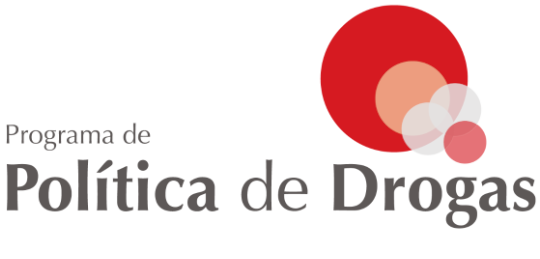Fentanyl is used in Mexico's northern border: current challenges for drug health policies
Abstract
Background and Aims
Results from a recent study among 750 heroin users in three Mexico's northern border cities revealed an increase in white powder availability (also known as China white) and preference for this product among heroin users, as well as a general perception of increased overdose cases among this population. Here, we questioned whether those findings reflect an increased presence of heroin laced with fentanyl, which is associated with greater risks of overdose but that, until now, has not been described in Mexico.
Design
We tested fentanyl using highly sensitive test strips in syringe plungers, metal cookers and drug wrappings associated with heroin use.
Setting
Three injection sites in Tijuana, Baja California, México.
Participants
Eighty‐nine heroin users who interchanged paraphernalia for new syringes.
Measurements
We tested 59 residues of ‘pure’ white powder. The rest were white powder with black tar (n = 5) or white powder with crystal meth (n = 9), black tar with crystal meth (n = 1), black tar only (n = 13) and crystal meth only (n = 2).
Findings
Users believed that they consumed either white powder heroin, white powder heroin with crystal meth, white powder with black tar heroin or black tar heroin only. Analyses revealed that 93% (n = 55) of the ‘pure’ white powder samples had fentanyl. All (n = 9) the white powder samples mixed with crystal meth and 40% (n = 2) of the white powder with black tar were also laced with fentanyl.
Conclusions
In a sample of 89 heroin users in Mexico, most white powder heroin users were unknowingly exposed to fentanyl, with fentanyl detected in 93% of white powder samples.
Descarga el archivo aquí
Enlace directo aquí
Más Vistos
- La metanfetamina y el CJNG. Análisis de una reconfiguración del mercado de...
- The “War on Drugs” in Mexico: (Official) Database of Events between December...
- Deadly force and denial: the military's legacy in Mexico's ‘war on drugs’
- Age-specific rates of onset of cannabis use in Mexico
- Fragmentation and cooperation: the evolution of organized crime in Mexico
Más Recientes
- The Connection Between Drug-Related Detentions and Drug-Related Violence:...
- “Resulta aberrante su actuar”: Mujeres acusadas de delincuencia organizada
- Where there is smoke, there is fire? Making sense of the past failure and future...
- Civil Society Organizations and Harm Reduction Policy: The Mexican Case
- How frequent and visible criminal violence affects housing prices: evidence from...

